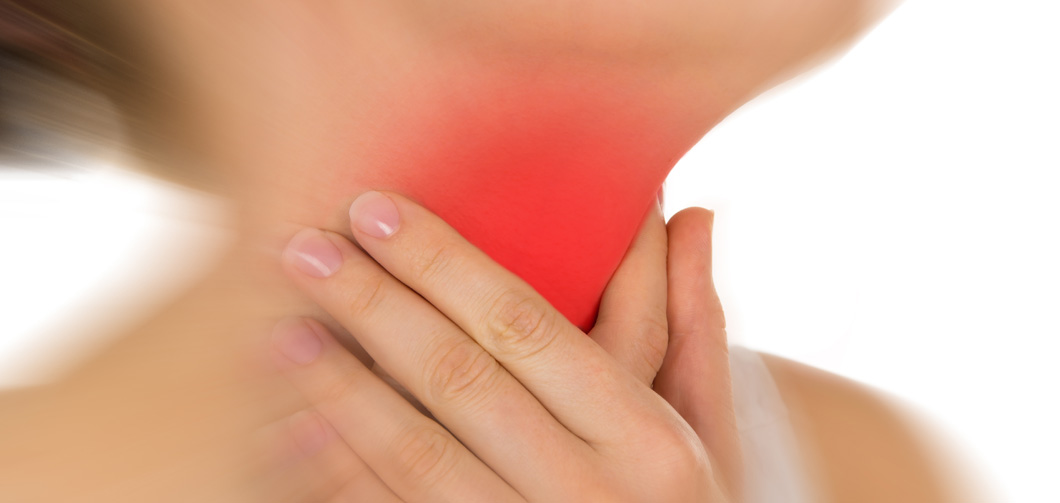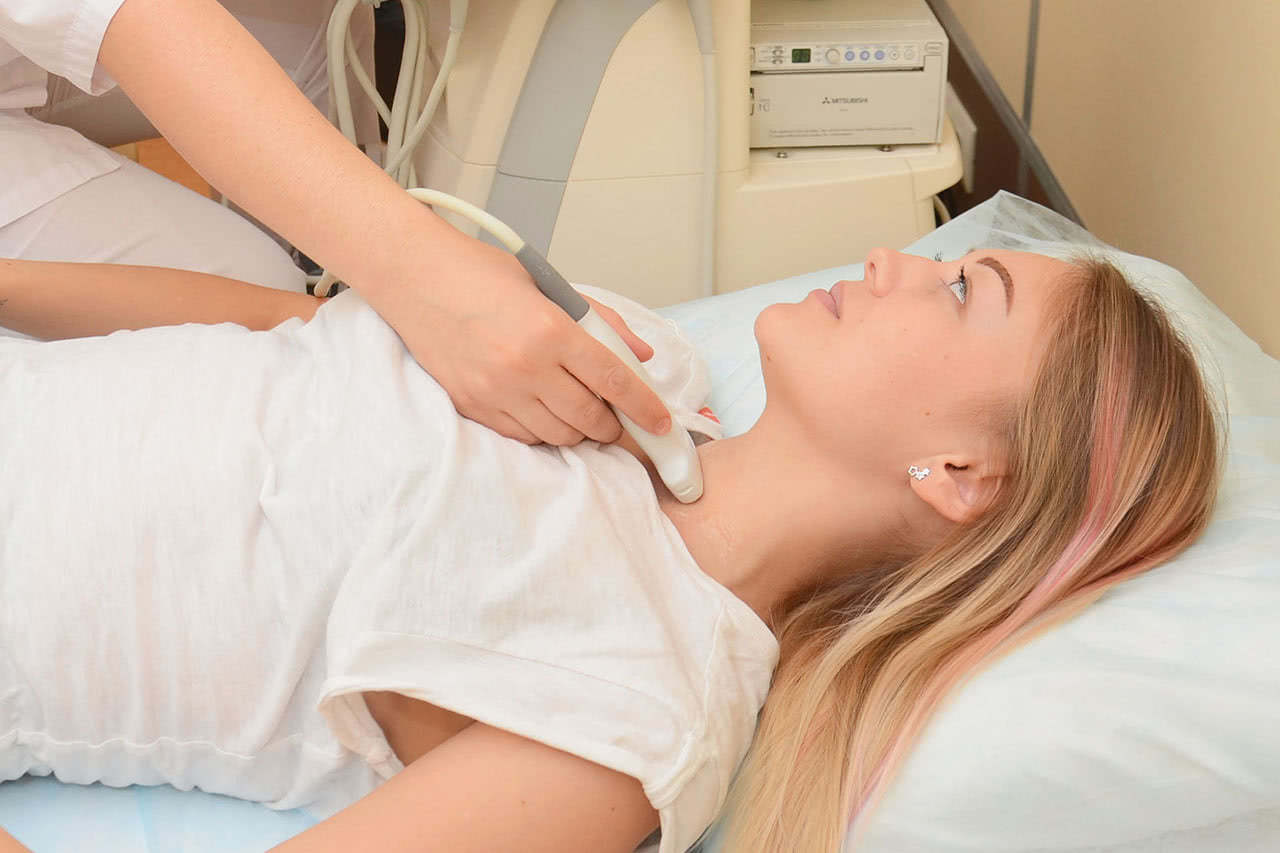Thyroid issues are overwhelming and it will depend on the kind you suffer from. The thyroid problem can be because of the underactive, overactive, enlarged or cancerous thyroid gland. Physical side effects can be weight gain or loss, tiredness, sensitivity towards low or high temperatures, hair loss, dry skin, irregular heartbeat, irregular periods, and sweating.
The role of thyroid is to make hormones like thyroxine and triiodothyronine that assists in regulating metabolism and functions like cholesterol level, heart rate, menstrual cycle, and more. It doesn’t matter, if your sthyroid makes too much or too little thyroid hormones, the two major impacts are on your weight and mood. So, this leads us to a question – how is thyroid disease treated?
Treatments differ as it depends on the type of thyroid condition
Overactive or hyperthyroidism
Autoimmune conditions like Grave’s disease or thyroid nodules cause excessive production of thyroiditis. The treatment encompasses ways to inhibit the overproduction of hormones.
- Anti-thyroid drugs
- Radio-active treatment [radioiodine ablation]
- Thyroidectomy [surgical removal of part or all of thyroid]
The approach will depend on condition severity.
Underactive or hypothyroidism
Thyroid glands are unable to produce enough hormones. It is treated with hormone replacement drugs, iodine supplementation, and nutritional supplements. Holistic practitioners even recommend dietary changes and specific yoga poses to stimulate the thyroid.
Enlarged thyroid or Goiter
It is a condition that develops in hyper and hypothyroidism. Goiter is a condition that causes pain in the neck and hard to breathe or swallow. If the goiter is small, thyroid hormone replacement medication gets prescribed to slow goiter growth.
If the goiter is large and consistently growing even after consuming hormone drug then doctors recommends RAI or surgery of thyroid gland.
Thyroid nodule
In general, thyroid nodules cause no symptoms, they are benign. However, doctors prefer monitoring their patients. In rare benign nodule cases, the first step is to prescribe hormone replacement drugs that can shrink the nodule and inhibit it from forming.
In cases, where drugs are not effective RAI is used to shrink nodule and thyroid gland. Large and unresponsive benign nodule needs surgery.
Thyroiditis
It is a condition where the thyroid glands get inflamed. Hashimoto thyroiditis is very common but there are others called De Quervain’s, Post-Partum, and Viral thyroiditis.

Normally, hormone replacement drug is prescribed but in painful conditions pain-killers having anti-inflammatory properties are given. In acute thyroiditis conditions, steroid drugs along with hormone replacement drugs are recommended.
Thyroid cancer
Thyroid cancer is of four types –
- Papillary
- Medullary
- Follicular
- Anaplastic
Treatments are based on cancer type, staging, and new or recurrent. The cancer treatment includes surgery, RAI, hormone replacement drugs, and chemotherapy.
Baton Rouge Clinic has the best endocrinologists, who diagnose glands disease and treat hormonal problems. Just contact for consultation and diagnostic evaluation!


Comments are closed.